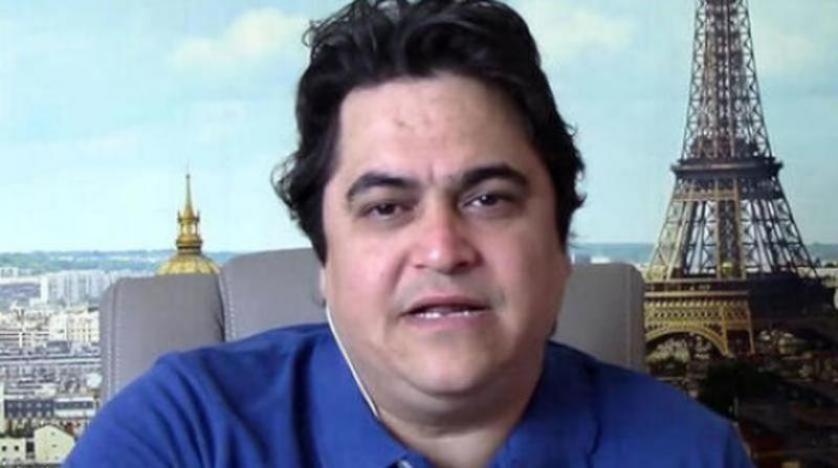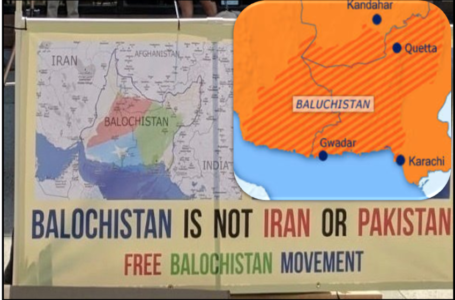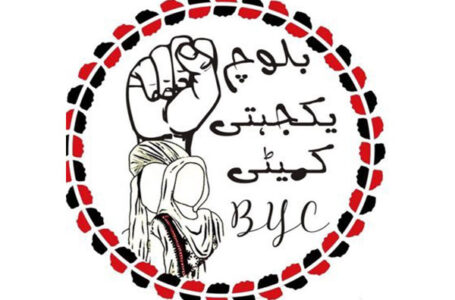Balochistan: Pakistani Forces’ Ration Supply Confiscated in Kulbar
Iran executes dissident journalist accused of inciting unrest

Iran has executed a dissident journalist, a year after he was seized by the country’s elite Revolutionary Guards in Iraq and forcibly repatriated to face trial.
Ruhollah Zam, 47, was hanged early on Saturday morning, Iranian state media reported. His family visited him the previous day, but prison and judicial authorities had not told them or him about the scheduled execution, Amnesty International said.Iranian teenager who posted distorted pictures of herself is jailed for 10 yearsRead more
“The authorities rushed to execute Ruhollah Zam in what we believe was a reprehensible bid to avoid an international campaign to save his life,” said Diana Eltahawy, Middle East deputy director for the rights group.
“His execution is a deadly blow to freedom of expression in Iran and shows the extent of the Iranian authorities’ brutal tactics to instil fear and deter dissent.”
The execution was also condemned by the press freedom groups Reporters without Borders and the Committee to Protect Journalists.
The son of a pro-reform Shia cleric, Zam had fled Iran in the wake of anti-government protests in 2009, saying he had been falsely accused of working with foreign intelligence services. He lived in exile in Paris and ran a popular website, AmadNews, and had a social media channel on the messaging app Telegram with more than 1 million followers.
During the 2017 protests, he shared the timings and other details of demonstrations, as well as embarrassing information about officials and direct challenges to Iran’s Shia theocracy.
The demonstrations, sparked by a sudden jump in food prices, were the biggest challenge to Iran’s government since the 2009 Green Movement protests and set the stage for similar mass unrest in November 2019.Advertisement
Telegram shut down his channel over Iranian government complaints it spread information about how to make petrol bombs. The channel later continued under a different name. Zam denied inciting violence on Telegram.
In October 2019, Iran’s Revolutionary Guards said it had trapped Zam in a “complex operation using intelligence deception”. It did not say where the operation took place, but rights groups said he was in Iraq at the time.
Soon after his arrest was announced, Iranian state TV aired a video of Zam blindfolded in a car, then showed him apologising for his actions, CPJ said.
His trial began in February this year and he pleaded not guilty but, in June, a court sentenced Zam to death, saying he had been convicted of “corruption on Earth”, a charge often used in cases involving espionage or attempts to overthrow Iran’s government.
On 8 December, the supreme court upheld the death sentence. France condemned the ruling as a “serious attack on freedom of expression and freedom of the press in Iran” and called on the country to respect its international human rights obligations.
During an interview in July, Zam said he had lost some 30kg since his arrest. His father said in a letter to the head of Iran’s judiciary that the journalist had been held without contact with his family or lawyers for nine months, Amnesty International said.
His father said Zam had only been allowed to meet his court-appointed lawyer in the presence of security officials.
Courtesy: Guardian UK












